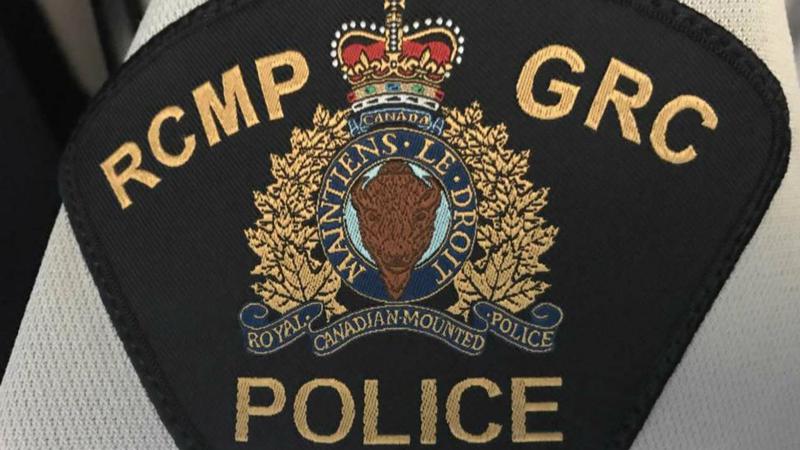Police in Drayton Valley have seen an increase in the last year of arrests made under the Mental Health Act. Earlier this month Staff Sergeant Ryan Hoetmer told town council that calls of that type have seen a steady increase over the past several years, and they remain a big drain on resources for the Town.
Hoetmer explained that when the officers take somebody into custody under the act, they then take that person to the Centennial Centre for Mental Health in Ponoka. He says the drive itself eats up several hours of the officer’s time, but they also have to wait until staff at the centre take over.
He said the Centennial Centre has been working to make the intake process more efficient. In the past, officers have had to wait a couple of hours. Now, he says they make a call when they are on their way, and usually the intake is complete within half an hour.
When asked how long people are kept at the hospital, Hoetmer explained that they were normally kept for a week or two. At most, he believes they might be kept for a month.
Many of their calls under the Mental Health Act are from people the RCMP are already aware of, and Hoetmer says it can be a challenge keeping on top of those cases.
He says the RCMP bring the subject into the hospital. Once they are deemed healthy enough to depart, the person is often sent back to their community in a cab. After that, the individuals are in the same position they were in prior to the process beginning.
“I’m a big believer that there’s a bit of a gap there,” said Hoetmer. “When they are sent in a cab back to Drayton, they’re put back into the same position as before. There is no follow up program or some place for them to go in between.”
He said often RCMP watch the individuals as their mental health slowly declines until they have the grounds to apprehend them again.
Councillor Amila Gammana asked Hoetmer if he felt the reason people were being released on such a short timeline was due to a lack of resources. Hoetmer said he wasn’t sure what the reason for it was and that Alberta Health Services would better be able to answer that.
“I would hope it’s not a resourcing concern, that when the doctor is making their determination they are healthy enough to leave the facility,” he said. “But they have pressures, I’m sure, just like everybody else.”
Mayor Nancy Dodds asked Hoetmer if he’d seen an increase in resources since the new pillar ministries had been put into place, but Hoetmer says thus far they haven’t seen a change.
“We still have our one [Regional Police and Crisis Team] that operates out of Rocky, but as I’ve talked about before they are in our community maybe once a week,” said Hoetmer.
This means if there is an emergent issue that requires a response, the RPACT are not the ones who are responding to the call. It is instead left to the members of the Drayton Valley detachment.
“They do lots of follow up for us, but it’s our members that are doing the apprehensions and are going to the crisis when it’s happening,” said Hoetmer.













